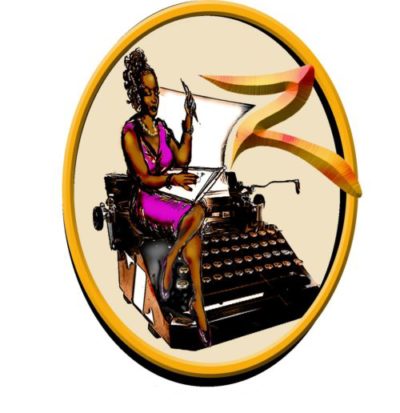October 30, 2013

By Zakeia Tyson-Cross
Barneys New York was accused of racial profiling 19-year-old Trayon Christian, an engineering student of Queens, NY, and 21 year old nursing student and Brooklyn native Kayla Phillps who alleged that they were harassed by undercover cops after purchasing merchandise. Christian, said that he knew exactly what he wanted before stepping foot into the upscale retailer on April 29. He coveted for a Ferragamo belt with a silver buckle and reversible black and white strap, which was seen being worn by popular hip hop rapper “Juelz Santana. Two months prior, Phillips was approached by undercover officers after purchasing at $2500.00 orange suede Céline handbag.
New York City’s black community and leaders are in an uproar over the recent allegations against Barneys. And there is a fire storm of verbal attacks against Hip Hop mogul Jay-Z, who’s seeking to launch a holiday apparel collection in a philanthropic effort to support under-served students who desire a higher education. Jay-Z stated that he was waiting to hear and receive more facts about the case before taking action, and doesn’t understand why he is being “ demonized” for doing so. As discussions take center stage around the most recent actions surrounding racial profiling, people of color are being prompted to take immediate action by community leaders to not only voice their concerns, but to stop patronizing retailers who frequently violate their human rights.
The world of hip hop has not only immensely contributed to popular street vernacular and music, but also fashion. Most of hip hop fashion trends are sparked by artists including brand names in their songs. For example, Kanye West stated on Rymefest’s song “Brand New” that “ Ralph Lauren was boring before I wore them” which may have popularized the brand amongst young black women and men. The hip hop industry may have influenced the black community obsession with high end fashion goods, which are hugely dominated by big corporate conglomerates and main stream media.
As a youth growing up in Harlem, NY in the early 90s, I was frequently bombarded by my peers conversation over “whose wearing the latest Jordan sneakers” or “whose getting the new 8 Ball leather jacket”. The cost of both items could range between $100 and $500+. A negative outcome of purchasing expensive paraphernalia were the frequent thefts and neighborhood violence that would arise within the black communities from those who could not afford luxury goods. Perhaps social and economic acceptances are among many reasons for spending on high-end merchandise by young black men and women.
Ray Fishman, a contributor of Slate.com states that our need for high-end merchandise is based on our desire to “revel prosperity to others as wealth signals”. Meaning, if you are able to acquire popular and expensive merchandise, you are better than those who are not. He also asserts that whites are less likely to spend money on things they cannot afford than blacks are, and that they’re less interested in comparing the assumption of “wealth” with their neighbors unlike their black counterparts.
The flurry of demeaning comments float across social media about Christian and Phillips choice to purchase high-end products from the luxury retailer – when they have yet to fully acquire economic stability themselves. Whether folks agree with their wishes to purchase or not, obtaining retail products should not impede on their rights as human beings. Reverend Al Sharpton and other community leaders think that all people should have the right to make purchases from their preferred retailer and not be harassed or discriminated against based on race or perceived economic status. Reverend Al Sharpton was quoted saying, “We’ve gone from stop and frisk to shop and frisk, and we are not going to take it,” which has compelled a call for action to boycott Barneys New York. Until a review and change of the current employee and customer policy is made.
The actress and songstress, Queen Latifah was quoted on the recent Barneys debacle as saying, “We’ve been going through this for a long time. We know that this is something that has been continuous in our community for us when we go into various stores. I like Barneys and I’d hate to have to boycott them!” The phenomenon of active community engagement on issues around race and equality is an ongoing battle within communities of color. We are moved to voice our concerns, create petitions and organize marches, but when the stories age and fizzes out as new issues arise, most of us either forget or are uninterested in pushing to change the status quo on racial profiling. I think it’s important for us to continue to be vigilant and proactive in our quest for equality.
Racial profiling has been an ongoing issue for many communities of color. Young black women and men desires to acquire luxury items may be based on the current trends of popular hip hop artist and moguls, or an outcry for acceptance within their own communities; however, no one should be dehumanized or discarded for attempting or making purchases from a retailer. It’s important that we not only voice our concerns to community leaders, local politicians and media outlets, but continue to take action on what is most important to us and our communities in the pursuit of equality for all.
If you are a resident of New York City and your civil liberties have been violated, please contact New York Civil Liberties Union for expert advice and next steps. If you live outside of New York City, contact your regional chapter office for more information or your local legislator.
Original site: Opportunity Agenda

